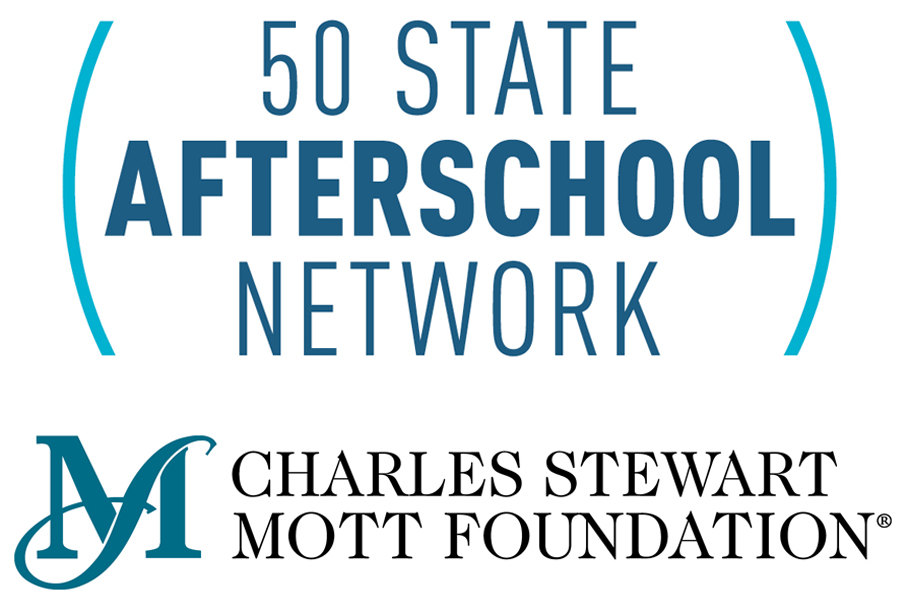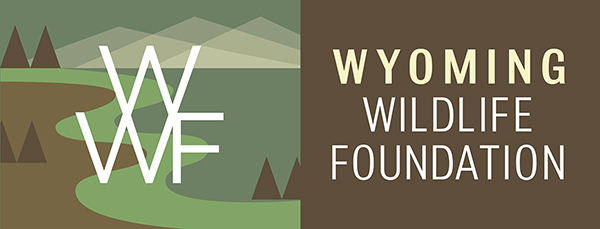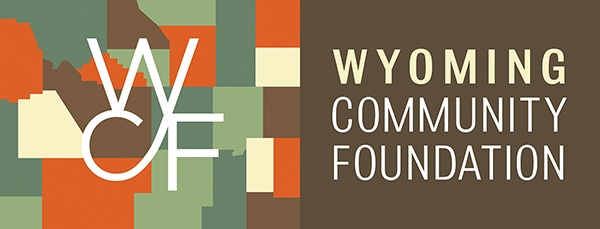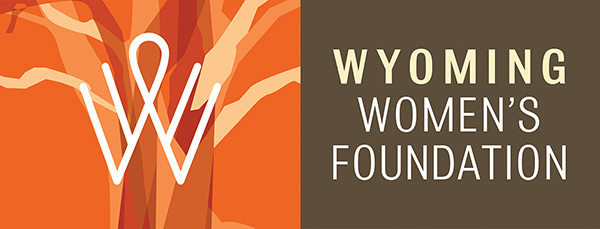JUVENILE JUSTICE
WYAA PROMOTES HIGH-QUALITY AFTERSCHOOL PROGRAMS AS A RESOURCE FOR HIGH-RISK CHILDREN IN GRADES K-12.
The Juvenile Justice Initiative:
- Identifies current programs and partnerships in Wyoming communities that focus on prevention and early intervention of risky behaviors for K-12 youth
- Develops meaningful resources and training opportunities to help afterschool programs better serve our most vulnerable, at-risk children
Intended Outcomes:
- Reduce juvenile citations
- Increase school attendance
- Increase engagement in learning
- Improve grades
- Raise the graduation rate
WYAA Tools
Afterschool programs provide valuable resources to children, families and communities. Review these tools created by the Wyoming Afterschool Alliance to get a better understanding of the school-to-prison pipeline and ways that you can promote afterschool programs that support children and youth in Wyoming.
- The Juvenile Justice Ecosystem: Click here.
- At A Glance Resource Guide and Environmental Scan: Click here.
- Community Action Plan: Click here.
Reducing the School-to-Prison Pipeline – A Strategy to Serve High-Risk Youth
As of 2017, Wyoming ranks 1st in the nation for suicides among children and youth. As of 2015, Wyoming ranks 1st in the nation for youth committed to residential placement by the courts and 4th in the nation for school referrals to law enforcement. These statistics are attributed to lack of community-based options and resources due in part to Wyoming’s rural nature. WYAA Director Linda Barton shared this PowerPoint presentation to help attendees understand this initiative and think about ways their organizations and communities can make an impact. Download the PowerPoint: Click Here
The Prevalence of ACEs Nationally, By State, and By Race/Ethnicity
In this Research Brief from Child Trends, Vanessa Sacks, MPP, and David Murphey, PhD look at the prevalence of Adverse Childhood Experiences (ACEs) nationally, by state, and by race/ethnicity. As their overview states, “A growing body of research has made it increasingly apparent that adverse childhood experiences (ACEs) are a critical public health issue.” Download the PDF: Click Here
Understanding N.E.A.R.
Dr. Jennifer Davis with the Wyoming Children’s Trust Fund provided the featured presentation on N.E.A.R. or Neuroscience, Epigenetics, Adverse Childhood Experiences (ACEs), and Resilience. The first objective for the presentation was to help the audience become familiar with ACEs and the biological effects on the body. The second objective was to begin the conversation around ACEs and its effects. Download the PowerPoint: Click Here
Dr. Davis encouraged attendees to look creatively at problems. One example she used was “The Human Walking Program” from an Australian pet shelter. See below or find it online.
What Works and What Doesn’t
Dr. Adrienne Freng presented on “What Works and What Doesn’t.” The focus was on Prevention Coalitions, Coordinated Efforts, Definition of “Good” Programs, and Efficient Use of Resources. Download the PowerPoint: Click Here.
Connecting Kids to Success Will Prevent Crime
Barrie Becker and Martha Brooks, with Council for a Strong America presented: “Connecting Kids to Success Will Prevent Crime and More.” They had a focus on connecting the dots between Parents, Schools and Afterschool Programs; Health/Mental Health and Schools; Police and Schools; and Businesses and Schools. Download the PowerPoint: Click Here.
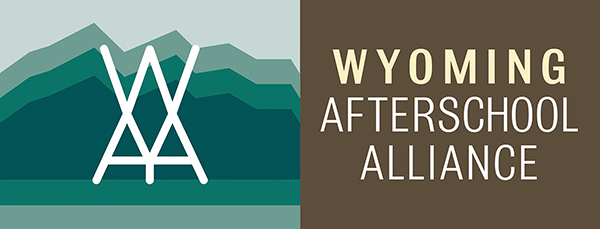
Mission: We bridge the gap between Wyoming’s out-of-school programs and the communities they uplift, fueling them with resources, support and opportunities that inspire lifelong learning, growth and connection.
Sign up to get news and updates delivered to your inbox.

